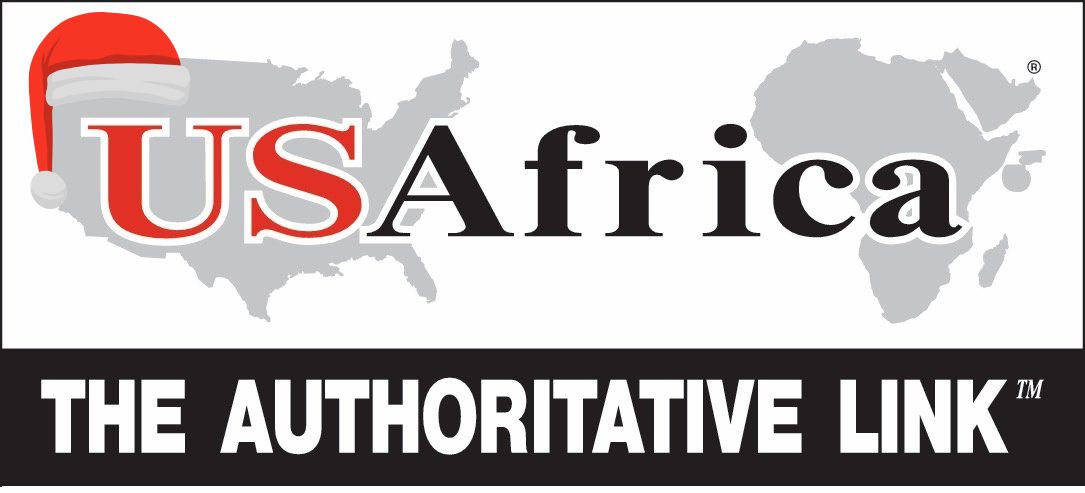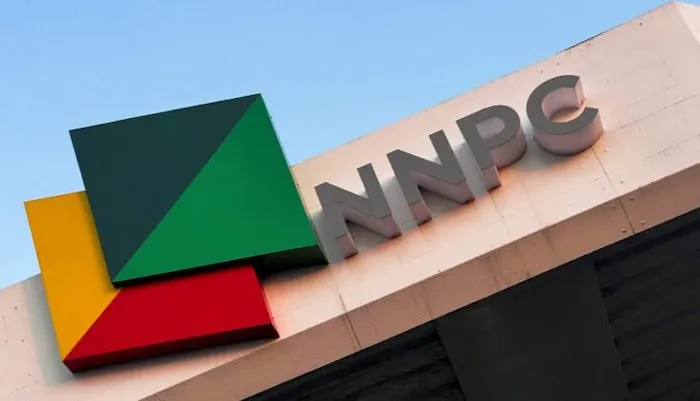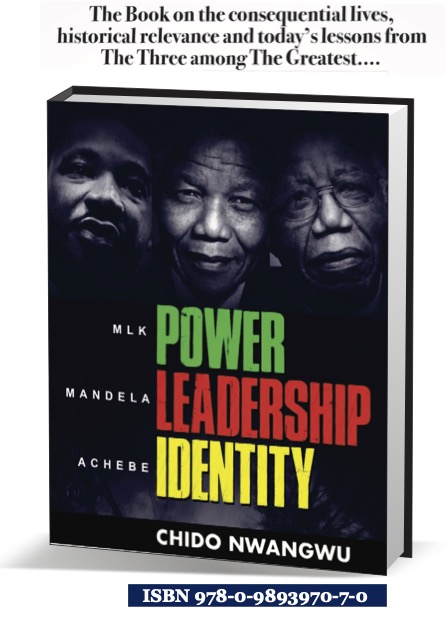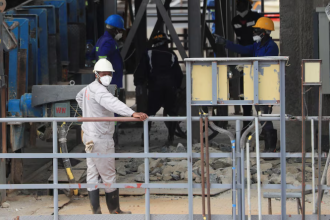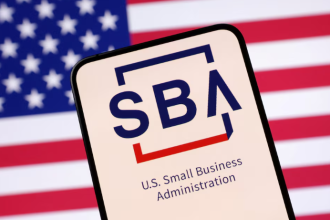According to the Nigerian National Petroleum Company (NNPC) Limited, the ongoing conflict between Russia and Ukraine has reduced demand from once-reliable Asian markets like India, which has impacted Nigeria’s crude oil imports into the global oil market.
This was revealed by Maryamu Idris, the Executive Director of Crude & Condensate at NNPC Trading Limited, during a panel discussion at the Argus European Crude Conference in London, according to a news release from NNPC’s Chief Corporate Communications Officer, Femi Soneye.
Mrs. Idris stated that the conflict between Russia and Ukraine has caused a situation where India, a major market for Nigerian grades, has increased its appetite for discounted Russian barrels to the detriment of some Nigerian volumes, in addition to the significant price shocks impacting commodity and energy prices globally.
She said, “To illustrate the extent of this shift, Nigeria’s crude exports to India dwindled from approximately 250,000 barrels per day (bpd) in the six months preceding the February 2022 invasion of Ukraine to 194,000 in the subsequent six months afterwards. And so far this year, only around 120,000 bpd of Nigerian crude volumes have made their way to India.’’
She pointed out that, however, the flow of Nigerian crude to Europe has increased in an attempt to make up for supply gaps caused by the ban on Russian crude. Six months prior to the war, 678,000 barrels per day of Nigerian crude grades were exported to Europe; six months later, that number increased to 710,000 barrels per day, and thus far this year, it has reached 730,000 barrels.
She continued by saying;
“This trend makes it evident that Nigerian grades are increasingly becoming a significant component in the post-war palette of European refiners.
Several Nigerian distillate-rich grades have become a steady preference for many European refiners, given the absence of Russian Urals and diesel. Forcados Blend, Escravos Light, Bonga, and Egina appear to be the most popular, and our latest addition — Nembe Crude – fits well into this basket.
This was a strong factor behind our choice of London and the Argus European Crude Conference as the most ideal launch hub for the grade.’’
Regarding production challenges, Idris stated that Nigeria, like many other oil-producing nations, had experienced difficulties that were made worse by the COVID-19 pandemic. These difficulties included decreased investment in the upstream sector, disruptions in the supply chain that affected upstream operations, the aging of oil fields, and oil theft by unscrupulous individuals. She indicated that the second half of 2022 and the first part of 2023 saw production declines as a result of these issues.
However, Idris pointed out that with the introduction and implementation of a new framework for the domestic petroleum industry (the PIA of 2021), revitalizing the business landscape, and repositioning NNPC Limited to adopt a more commercial approach to the management of the country’s hydrocarbon resources, the challenges are quickly becoming a thing of the past.
She claims that NNPC Limited has established important alliances with reputable financial institutions in order to support upstream investments that would enable the restoration and sustainable expansion of production capacity in the upcoming years.
She said,
“NNPC Limited is championing concerted efforts in partnership with host communities and private stakeholders to address the security and environmental challenges in the Niger Delta to further fortify production growth.
Suffice to say we have already begun seeing significant progress on the rebound.
In September 2023, Nigeria recorded its highest crude oil and condensate output in nearly two years, reaching 1.72 million barrels per day. This, we believe, is just the beginning of our production rebound.”
She confirmed that NNPC Limited is expanding its involvement in the downstream industry in accordance with a “wells-to-wheels” strategy, bringing the nation’s distinctive hydrocarbon molecules as close to end consumers as possible, in addition to steadily boosting upstream production quantities.
The vehicle for this, according to her, is the reorganized NNPC Trading Company, which is tasked with expanding NNPC’s market share in the worldwide marketplace for petroleum products, gas, condensate, and crude oil.
